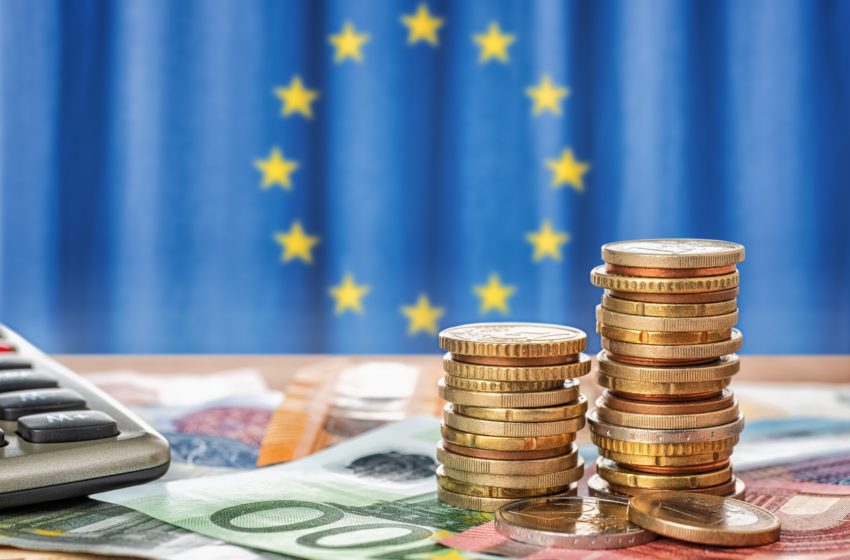In a long-anticipated move, the European Union is to propose a bloc-wide vaping tax policy as part of a shake-up of levies on the tobacco industry. The new rules would also double excise duties in member states with low cigarette taxes, according to a draft European Commission document.
The update to the 2011 EU tobacco taxation directive will tax novel smoking products, such as e-cigarettes, vapes and heated tobacco, comparatively with combustible cigarettes as policymakers worldwide take an increasingly dim view of the new products’ popularity among young people.
Products with a high nicotine content would have an excise duty of at least 40 percent applied to them, while lower-strength vapes will face a 20 percent duty. Heated tobacco products will also be hit by 55 percent duty, or a tax rate of €91 per 1,000 items sold.
The changes to legislation, part of a push by Brussels to cut smoking rates, will increase the EU’s minimum excise duty on cigarettes from €1.80 to €3.60 per pack of 20, which would raise prices in eastern European nations where packs can sell for under €3.
Alberto Alemanno, professor of EU law at HEC Paris business school, told the Financial Times that the absence of an EU-wide excise framework for vaping and heated tobacco products had been “weakening tobacco control efforts” across the bloc.
Excise duties on cigarettes would also increase considerably in countries such as Austria and Luxembourg where prices are low relative to income. The tax rise on cigarettes is expected to generate an extra €9.3 billion for EU member states.
The changes aim to speed up the EU’s push for a “tobacco-free generation” by 2040. As part of the EU’s Beating Cancer Plan, health officials want to drive tobacco use among EU citizens from the current level of about 25 percent down to 20 percent in 2025, and below 5 percent by 2040.
The commission this month imposed a ban on flavored heated tobacco products to curtail a surge in demand among younger consumers. In the U.S., regulators at the Food and Drug Administration have moved to ban popular vaping products, such as Juul.
Peter van der Mark, secretary-general of the European Smoking Tobacco Association, an industry body, warned that “if you have a sudden very steep increase, you can create a market for illicit trade.” Dustin Dahlmann, president of the Independent European Vape Alliance, added that imposing taxes on novel tobacco products could lead to “the much less harmful alternatives” to smoking being “taxed far too heavily in many countries.”
A leaked impact assessment said that the increase in the minimum excise duty would have “a strong impact on consumers and economic operators” in EU states where cigarette prices were low, including Bulgaria, Slovakia, Poland and Hungary. The assessment also noted that the excise duty on novel tobacco products “which are particularly appealing to young people, who are at risk of developing addiction” would aid public health efforts to cut tobacco use.
The proposal will have to be agreed by all EU member states before it is enshrined in law. British American Tobacco, one of the world’s biggest cigarette manufacturers, stressed this was “the beginning of a long legislative process.”

